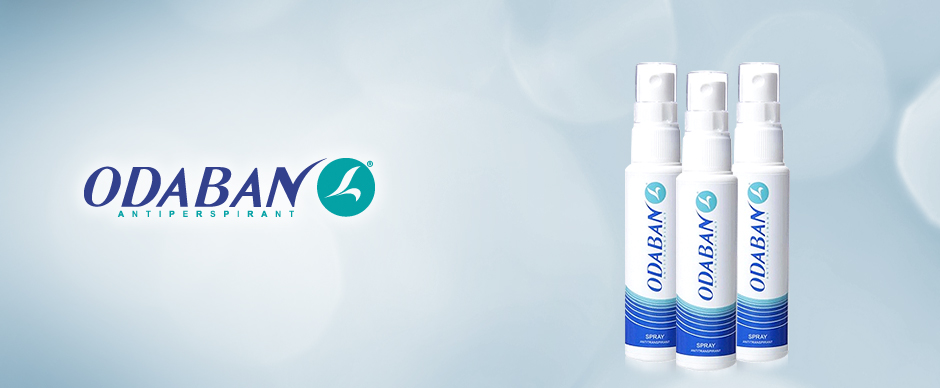
What should I do about sweaty hands and feet?
While sweat is the body’s natural way of cooling down and regulating body temperatures, it can be a little embarrassing to have hands and feet that are constantly sweaty.
So, why does it happen?
The body naturally sweats as a way to control body temperatures. For most the only time we sweat excessively is during physical exertion, however for others sweating is a daily occurrence. The exact cause for this excessive sweating is not yet identified and in most cases there is no underlying disorder, but most doctors agree that it is due to familial tendency or genetic link.
Nearly 2% of the population suffers from excessive perspiration. The medical term for excessive sweating is Hyperhidrosis. Hyperhidrosis relates to excessively sweaty armpits, fact, feet and hands or the body overall. This may have an impact on a person’s day to day activities and social and is often the cause of embarrassment and anxiety. Additionally, studies have shown that anxiety over the condition only increases perspiration.
How do I know if my hands and feet have hyperhidrosis?
The main symptom of sweaty hands, also called palmar hyperhidrosis, is constant or excessive sweating on the palms. This usually causes the hands to feel wet and slippery throughout the day and can be a source of discomfort. In the workplace and during social activities this condition may even make it difficult to perform a simple handshake without embarrassment.
Problems with sweaty feet, also called plantar hyperhidrosis, are recognised by constant or excessive sweating of the feet. If you have this condition you may need to change your socks several times each day and may even have to avoid removing your foot wear when in the presence of other people.
What can I do about it?
- Wash your hands and feet regularly. Not only will washing your hands and feet help you have better hygiene, it will also help keep away any bad smells.
- Take time to dry your hands and your feet after coming out of the shower or washing. Bacteria grows faster on moist areas.
- Give your feet a break once in a while and walk barefooted so that they can properly air out.
- Avoid keeping your hands and feet covered for excessive amounts of time.
- Gloves, mittens and shoes and socks should all be aired out after using.
- Carry a small bottle of alcohol-based hand sanitizer when you are out. It will keep your hands clean and help dry sweat.
- Keep a clean handkerchief or a small pack of paper tissues when you’re at work, meeting a friend, or just out and about. It will come in handy especially before shaking someone’s hand.
- Sprinkle a little body powder on your hands and feet to help keep them dry. Baby powder works great and so does corn starch or baking soda if you want a more natural twist.
- Use an antiperspirant like Odaban to prevent excessive sweating on your hands and feet. This trusted name has been used to help treat problems with Hyperhidrosis for nearly 35 years and is still going strong.
- Take time to relax and reduce unnecessary stress. At times excessive perspiration can happen just because you are extremely tensed or anxious.

